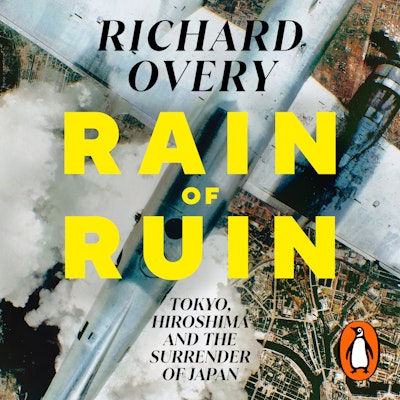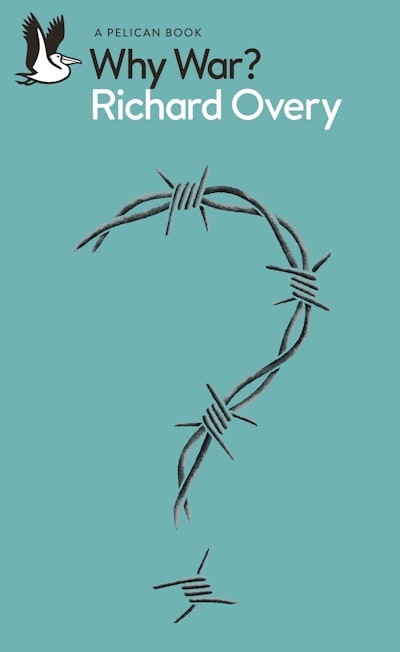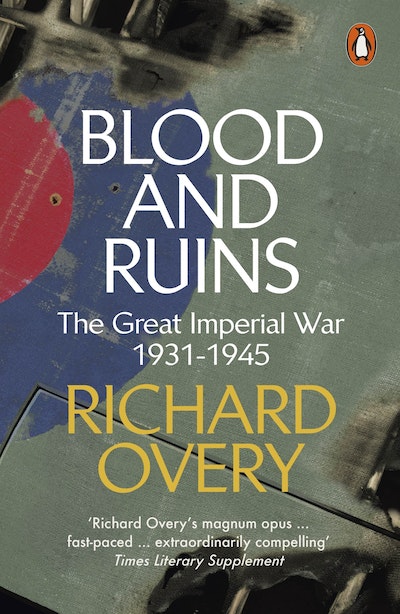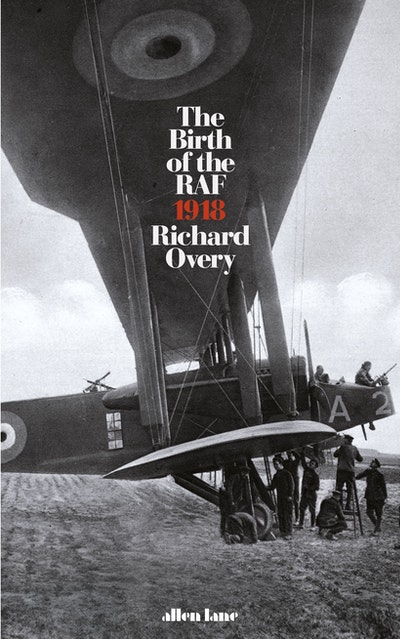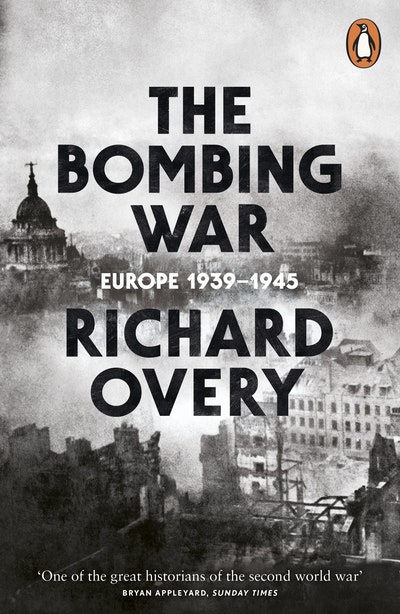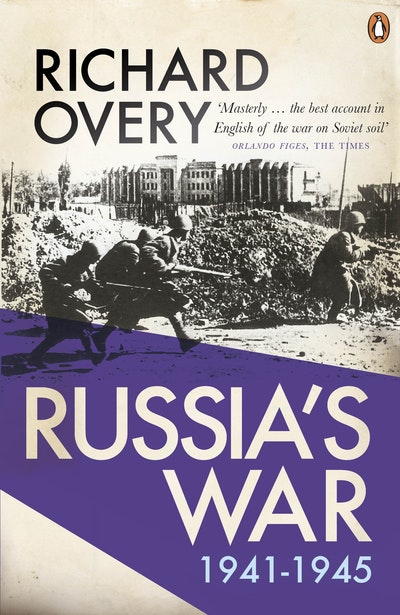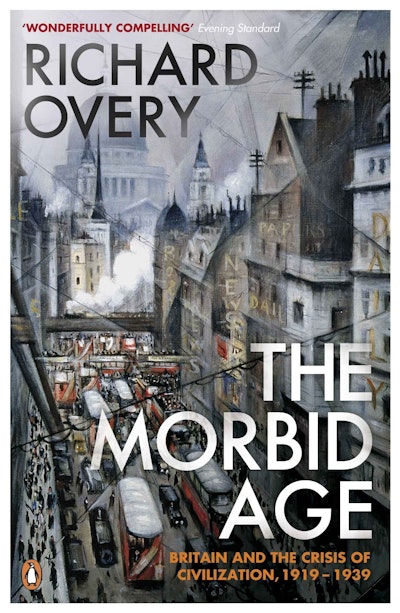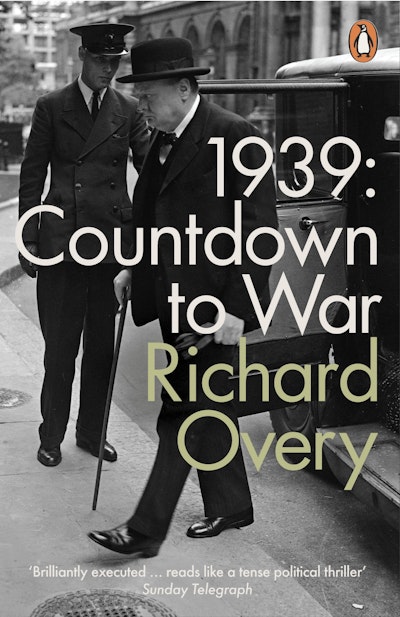- Published: 6 March 2025
- ISBN: 9781802069228
- Imprint: Penguin Audio
- Format: Audio Download
- RRP: $28.00
Rain of Ruin
Tokyo, Hiroshima and the Surrender of Japan
- Published: 6 March 2025
- ISBN: 9781802069228
- Imprint: Penguin Audio
- Format: Audio Download
- RRP: $28.00
An excellent short book.... What Rain of Ruin makes clear is that the strategy of mass murder by bombs – atomic, hydrogen, napalm or incendiary – is not just immoral but hardly ever effective. That it is still employed in war is a terrible stain on humanity.
Ian Buruma, The Spectator
A chaff-clearing book about the last days of the war in the Pacific... Among the topics Overy discusses with exemplary clarity are the moves already afoot within Japan to bring the war to an end and whether the decision to drop the atomic bombs was really meant as a signal to the Soviet Union.
Michael Prodger, The New Statesman
A short but quietly devastating book, in which Overy adds new perspectives to a subject that has often been approached from a narrowly American angle... Overy's book is a sombre reminder that the border between civilisation and savagery is wafer-thin.
Philip Snow, Literary Review
Rain of Ruin, a new study by war expert Richard Overy, decisively shows that the atomic bombs didn’t force the Japanese emperor’s hand... His brief yet nuanced account draws on a wealth of historical scholarship down the decades, on Allied and Japanese political and strategic thinking... a compelling reconstruction of how morality fares amid total war
Christopher Harding, The Telegraph
Rain of Ruin is a compact, first-rate history of one of World War II’s great tragedies
Jonathan W. Jordan, Wall Street Journal
The Second World War was brought to an end by the atomic bomb and Japan’s surrender – or was it? Overy, one of the world’s leading war historians, delves deeper into what happened in the summer of 1945, and shows that far more was at play behind Hirohito’s fateful decisions than anything America’s superweapon represented or did
Telegraph, Books of the Year 2025
